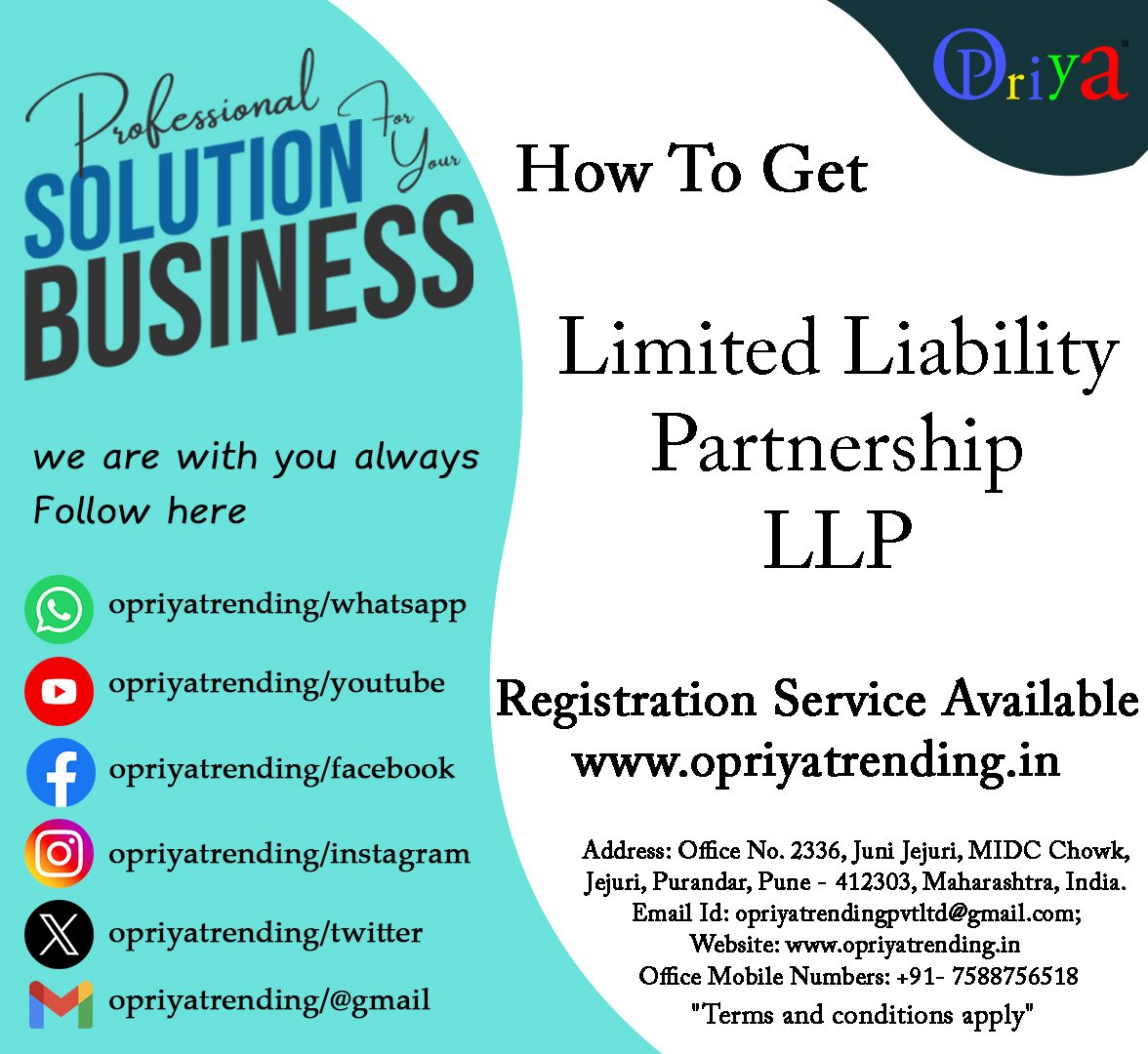Overview of Startup Registration
Launched on 16th January, 2016, the Startup India Initiative has rolled out several programs with the objective of supporting entrepreneurs. Building a robust startup ecosystem and transforming India into a country of job creators instead of job seekers. These programs are manage by a dedicated Startup India Team. Which reports to the Department for Industrial Policy & Promotion (DPIIT). The broad scope of Startup India’s programs is outline in the Action Plan below.
Startups are booming in India. The government is also supporting young entrepreneurs to establish startups. Startups help to boost the country’s economy. A startup is a business that offers innovative products or services that provide solutions to a problem existing in society. A startup may also redevelop a current product or service into something better.
Eligibility criteria for Startup Registration in India
- The Applicant must be a new Startup – Startup company formation is not possible for old business entities. The applicant business entity must be registere or incorporated in India for less than 7 years. If your business is older, you will not be considere a Startup as far as the government of India is concerne.
- Current Turnover shouldn’t exceed INR 25 Crore – The current annual Turnover of the applicant’s business entity should not be more than INR 25 Crore. If your company’s Annual Turnover exceeds this figure. You are considere far beyond a Startup and thus are not considere suitable for its perks.
- Business should be an Innovative one – The objective of the applicant’s business entity should be aime towards. The development, innovation, deployment, and commercialization of new products & services that are drive by new technology & IP/TM-R/TM-C.
Documents required to obtain an Startup Registration
You must first incorporate your business as a Private Limited Company or a Partnership firm or a Limited Liability Partnership. You have to follow all the normal procedures for registration of any business like submitting the registration application and obtaining the Certificate of Incorporation/Partnership registration.
You can incorporate a Private Limited Company or a Limited Liability Partnership (LLP) by filing the registration application to the Registrar of Companies (ROC) of your region. You need to submit the required documents & Fees to the Registrar of Companies or Registrar of Firms along with the registration application.
The following are the documents required for Startup India registration:
- PAN Card: PAN card, the Permanent Account Number, is a card that connects an individual to their financial data.
- ID Proof: All the company directors, a partnership of an LLP or Partnership firms must provide their identity proof.
- Address Proof of the directors of the company: Address Proof in the name of the director (Any utility bill, i.e., mobile bill/water bill/ electricity bill, or bank statement, which should not be older than two months)
- Photo IDs of the directors/partners: 4 Passport Size Photographs. Make sure that none of those photographs is signe.
- Address Proof of Registered Office: Provide a rent agreement copy if the registered office is rented space. Or, provide a sales agreement copy if you own the space that acts as a registered office.
- Any utility bills to further reinforce the address proof of your registered office: Any utility Bill (i.e., mobile bill/water bill/ electricity bill) of the registered office
- Director details: A minimum of 2 Directors details for a Pvt Ltd Company is require.
- Shareholder Details of the company: Provide details of at least two Shareholders of the Pvt. Ltd. Company or Limited Liability Partnership.
- Details of a One Person Company: For a One Person Company, a minimum of 1 Shareholder & 1 Nominee is a requirement. Therefore, you must present the details of the same.
- MSME certificate: A copy of the MSME certificate is also required for MSME Startup registration, now known as the Udyog Aadhar Certificate.
FAQs About Startup Registration?
Disclaimer: The content provided here is for informational purposes only. Your access to or use of the Site or Content does not create an attorney-client relationship. The information provided on this website is not legal or professional advice and should not be relied upon for such purposes or as a substitute for legal advice from a licensed attorney in your state. For more information and tailored information, please feel free to contact us.



